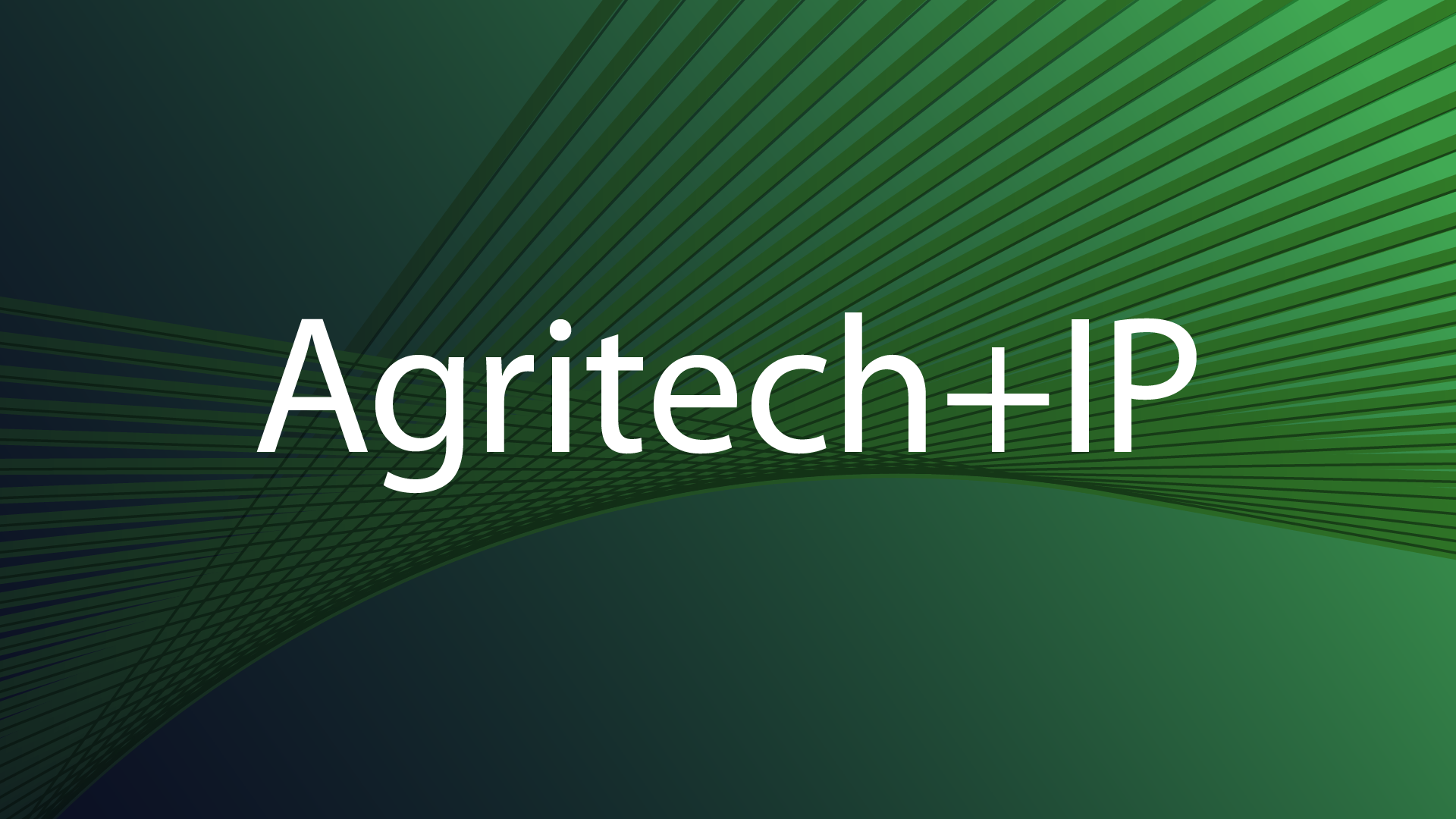News
The latest update on G1/22 & G2/22
October 2023
In February 2022 two questions were referred to the Enlarged Board of Appeal of the EPO (EBoA) regarding entitlement to priority. The first question asks whether the EPO has jurisdiction to decide whether a priority right has been validly transferred. The second question examines whether the priority claim for the European designation of a PCT application can be deemed to be valid if the PCT application was only filed in the same name as the priority application for the US designation and not for the other designated states. Please see here for our previous article.
EBoA has now published its decision and the results are pro-patentee. The EBoA has confirmed that there is a “rebuttable presumption” that the priority claim is valid. In the EBoA’s view, in the absence of clear indications to the contrary, the joint filing of the PCT application demonstrates an “implied agreement” allowing the applicant of the EP designation to rely on the priority right established by the filing of the priority application by the applicant for the US designation.
Background to the referral
A PCT application claimed priority from a US provisional application. In the PCT application, the applicants designated for the US were identical to the applicants of the US provisional application from which priority was claimed. However, for other states designated on the PCT application, including the EPO, the applicants were not identical to the US provisional applicants. A corporate entity was listed as the applicant for the EPO whereas inventors were listed as applicants for the US.
During the prosecution of the European patent, opponents challenged the corporate entity’s right to claim priority since only one of the inventors had transferred their rights to the corporate entity. The corporate entity argued that a written transfer of all inventor’s rights was not necessary because of the EPO’s “joint applicant” approach which finds basis in Article 118 EPC. The Board of Appeal noticed that there were a number of cases in which this issue had arisen and where there had been divergent practice. Thus, two questions were submitted to the EBoA in order to clarify the issue of priority entitlement when the applicants on a subsequent application were not identical to those of the earlier priority application.
The Questions
The first question asked if the EPO had jurisdiction to make decisions on whether a party is entitled to claim priority from a priority application.
The second question asked whether a party B could validly rely on the priority right claimed in a PCT application if the PCT application designated party A for the US only and party B for the EPO and the PCT application claims priority from an application where only party A is listed as an applicant.
The Answers
With regards the first question, the EBoA decided that the EPO does have jurisdiction to make decisions on whether a party is entitled to claim priority. If the EPO could not determine whether a priority claim was valid, then it could not asses the prior art between the priority date and the subsequent application and could not determine the patentability of an application. In addition, the priority right is governed by the EPC and therefore should be assessed by the EPO irrespective of national laws.
With regards the second question, the EBoA concluded that, when a party makes a priority claim, the EPO will presume that that party has the right to do so unless there is strong evidence to the contrary. The EBoA refers to this conclusion as a “rebuttable presumption” of the validity of a party’s priority claim. The presumption is based on an “implied agreement” between the parties as, in order for a party to make a priority claim, that party must collaborate with the priority applicants in order to obtain certified copies of the priority application which are needed to prosecute the subsequent application. Therefore, there will be a presumption that party B can validly claim priority to a priority application in the name of party A, even if there are no members in common between party A and B. The EBoA envisages that there may be times where the priority applicant has valid reasons not to let the other party claim priority, for example, if the subsequent applicant acted in bad faith. For this reason, it included the word “rebuttable” in its decision, leaving open the possibility of challenging the validity of the priority claim if there was clear evidence that there was in fact no “implied agreement” between the parties.
The EBoA also confirmed that there are no formal requirements to transfer the priority rights from one party to another. It is assumed that when the title of a patent is assigned from one party to another that the transfer of priority is assigned with it.
Comment
Attacking the priority claim of a patent is a common approach from opponents to challenge the patentability of an application. For example, an invalid priority claim can allow opponents to rely on intervening disclosures as prior art (often times from the inventors). Moreover, in some cases, the loss of priority can mean that prior patent applications that would otherwise only be citable for novelty under Article 54(3) EPC can become relevant for both novelty and inventive step.
When faced with a challenge to priority, some earlier EPO decisions required the patentee to show that a valid transfer of rights had been made from the applicant of the priority application to the applicant of the later filing. However, the burden of proof has now been reversed and “the party challenging the subsequent applicant’s entitlement to priority has to prove that this entitlement is missing”. In practice, this may be difficult to prove since such transfer of title documents are not typically publicly available and only in the hands of the priority applicant and assignee. Therefore the results of this decision will be welcome news for patent holders, although it will also affect patent holders that attempt to remove from consideration novelty-only priority documents art based on similar priority considerations
































